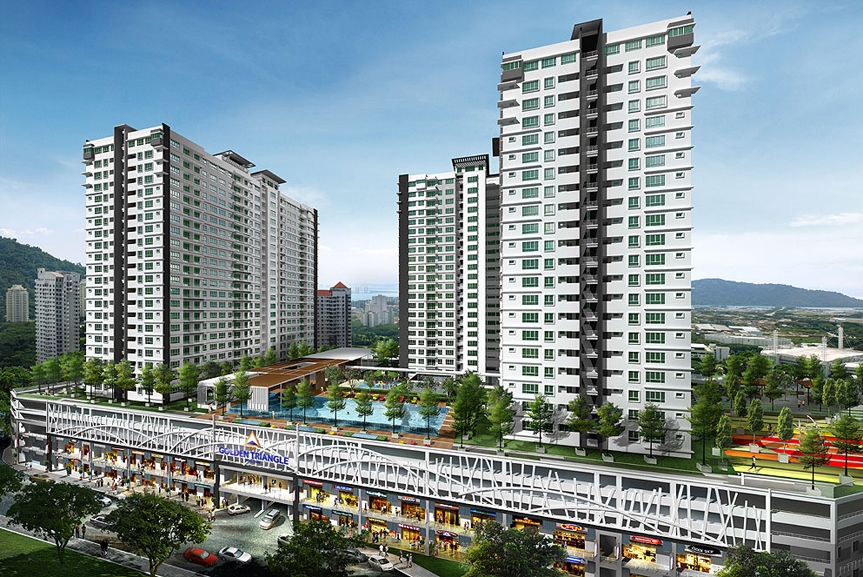New residential property prices to go up 13%
KUALA LUMPUR: The average prices of newly developed residential property this year is expected to grow by 13% against last year in line with the increase in raw materials cost, according to a survey by Real Estate & Housing Developers’ Association Malaysia (Rehda).
The survey showed that the average terrace house in Malaysia last year had gone up to RM176,590 in the third quarter from RM168,667 in the first quarter.
High-rise property price in the same timeline had gone up to RM165,530 each from RM163,300.
Rehda president Datuk Seri Michael Yam said since a year ago, raw materials prices such as steel and cement had increased significantly.
“Generally, the majority of the survey respondents are optimistic of the property market for the next six months as the overall sentiments governing the market are positive,” he said at a media briefing yesterday.
Meanwhile, for new properties in the Klang Valley, Rehda national treasurer Teh Boon Ghee said they might rise around 15% this year.
“But, it is also interesting to look at this price increase from a different angle as 88% of the transactions in 2009 were from the secondary market and only the remaining 12% came from new development. The 13% and 15% expected increase only applies to new homes while the momentum for secondary market is slower than that,” he said.
On the new home loan guideline by the Government under My First Home Scheme, Yam said although Rehda supported the move, it would be challenging to develop houses priced between RM100,000 and RM220,000 in the Klang Valley and Penang.
“In these developed urban areas, it would be impossible to develop anything below RM200,000.
“This is because the land costs in these areas are very high. The land component out of the total development cost in these areas may be around 40% to 50%,’’ he said.
For comparison, the land cost per sq ft in Sungai Petani is RM1.30, Cyberjaya RM36 while in Kuala Lumpur, it could be as high as RM2,000.
But due to the new guidelines, Yam said developers might have to relook at their unit size if the development was in the Klang Valley.
“At the average price of about RM400 per sq ft, they can develop a 500 sq ft studio unit or a one-bedroom apartment. This is actually the trend in most developed cities around the world. But to enable developers to embark on this, the Government must encourage local authorities to review their Planning Act as it is now based on number of units per acre.
“Let’s say, the authority allows a developer to build only 50 units per acre. Would it build 50 units of 500 sq ft houses or 50 units of 2,000 sq ft houses?” he said.
The survey were answered by 135 or 14% out of 972 Rehda members that comprises of housing and property development companies from all 12 states in Peninsular Malaysia.
SOURCE: The Star

